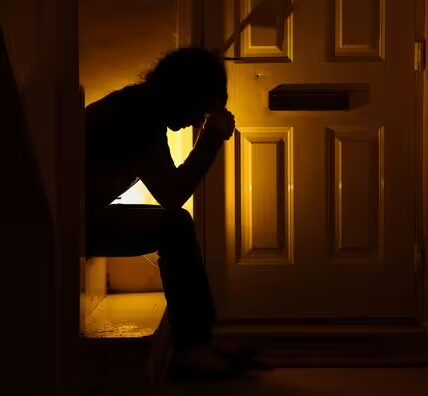The Government says it will hand over the Chagos Islands including a military base, and then spend £34 billion to lease it back

Keir Starmer was forced to delay a crucial vote (Image: Getty)
Sir Keir Starmer has been forced to delay a key vote on his £3.4 billion Chagos Islands deal, followings warnings he was set for a humiliating defeat. A House of Lords vote to ratify the treaty with Mauritius has been pulled after a Conservative peer put down an amendment that would have required the Government to consult the island’s residents. Liberal Democrats were also set to vote against the Government, which meant Ministers faced potential defeat.
Ministers have now said the legislation, known as the Diego Garcia Military Base and British Indian Ocean Territory Bill, will be delayed. It will give Ministers more time to consider how to win support for the legislation. The UK is to hand over the Chagos islands in the Indian Ocean to Mauritius under a treaty signed by the Prime Minister in May, even though they are home to a strategically vital UK-US military base.
Britain will then pay to lease back the base for 99 years.
The government estimates that the average annual cost of the agreement to UK will be £101 million each year over the 99-year period, though it notes that in the initial years this will be higher (because of the payment schedule outlined above). The government estimates that the total cost will be £3.4 billion, over the 99 years.
The treaty must be approved by both Houses of Parliament before the Government can ratify the agreement. Last month MPs passed the Bill by 320 to 171.
Last week a legal challenge against the deal came to the High Court. Three people should be allowed to bring challenge against the Foreign Office over alleged “unlawful decisions or omissions”, judges were told.
Bertrice Pompe, Misley Mandarin and Michel Mandarin are seeking to challenge the Government over alleged failings, including not consulting Chagossians about a “right to abode” on the archipelago.
At a hearing last Tuesday, lawyers for the three Chagossians asked a judge for the green light to proceed with a legal challenge against the Government for failures to “adequately and lawfully consult with the Chagossian people” about their interests, including the right to live on the archipelago.
The Government is opposing the bid, with its lawyers claiming that the challenge is a “collateral attack on an international agreement”.
In written submissions, Philip Rule KC, for the Chagossians, said that the Foreign Office had made “unlawful decisions or omissions”, including failing to “adequately and lawfully” consult Chagossians about “rights of abode, resettlement, or territorial interests”.
The department also allegedly failed to “acknowledge, accept and treat the existence of the Chagossian people… as an ethnic race of peoples”, and to “permit the Chagossian people a right to self-determination”.
Mr Rule said that there was an “expectation of consultation” on matters including resettlement on the islands, stating in court that there was a “reckless disregard for the Chagossian interests”, and that the claim should be allowed to proceed.
The barrister continued in written submissions that the claimants are seeking the quashing of “decisions and actions taken unlawfully by the defendant in relation to matters affecting the Chagossian people and their interests”.
Kieron Beal KC, for the Foreign Office, told the court in written submissions that the Chagos Islands, a British Indian Ocean Territory (BIOT), “is not, and has never been, part of the UK”.
He continued that from 1971, people living on the largest island, Diego Garcia, were removed to the outer islands and then either left or were “evacuated” to the Seychelles or Mauritius.
In 1971, it became unlawful for a person to enter or remain in the BIOT without a permit.
Mr Beal said that the Government has “expressed its sincere regret about the manner in which Chagossians were removed” and “from time to time” has considered whether to support or allow resettlement, but decided in 2016 it “would not support or permit any programme of resettlement”.

